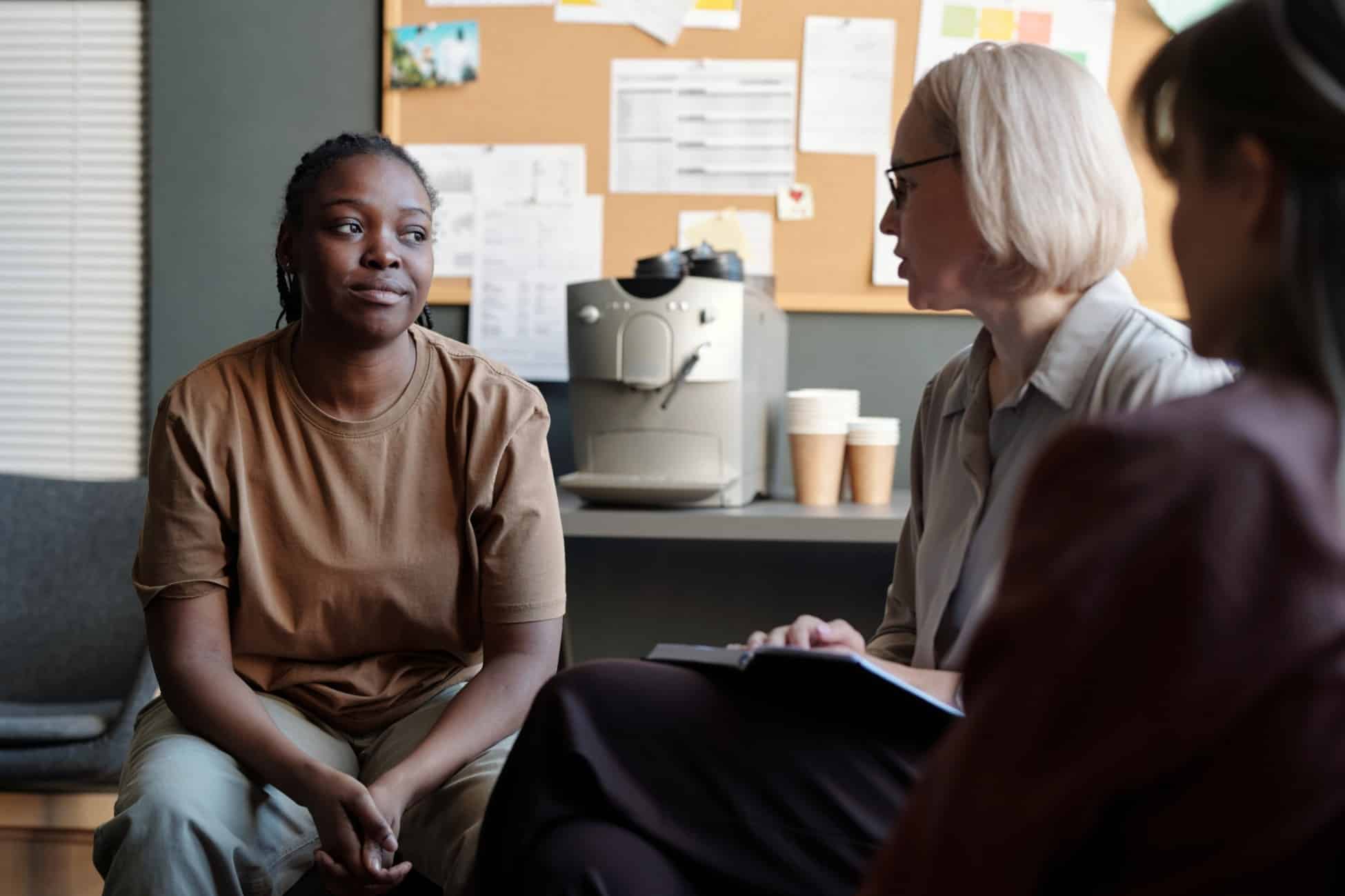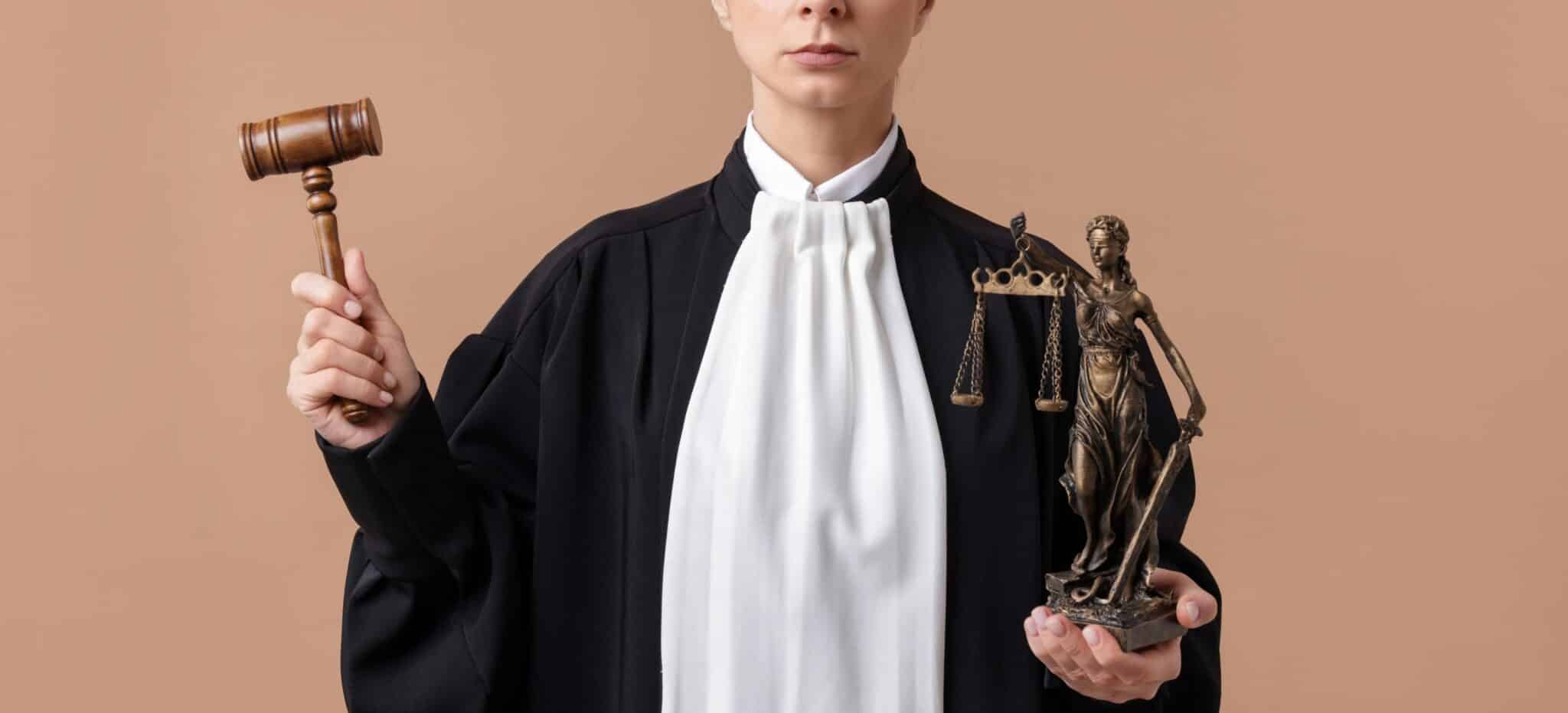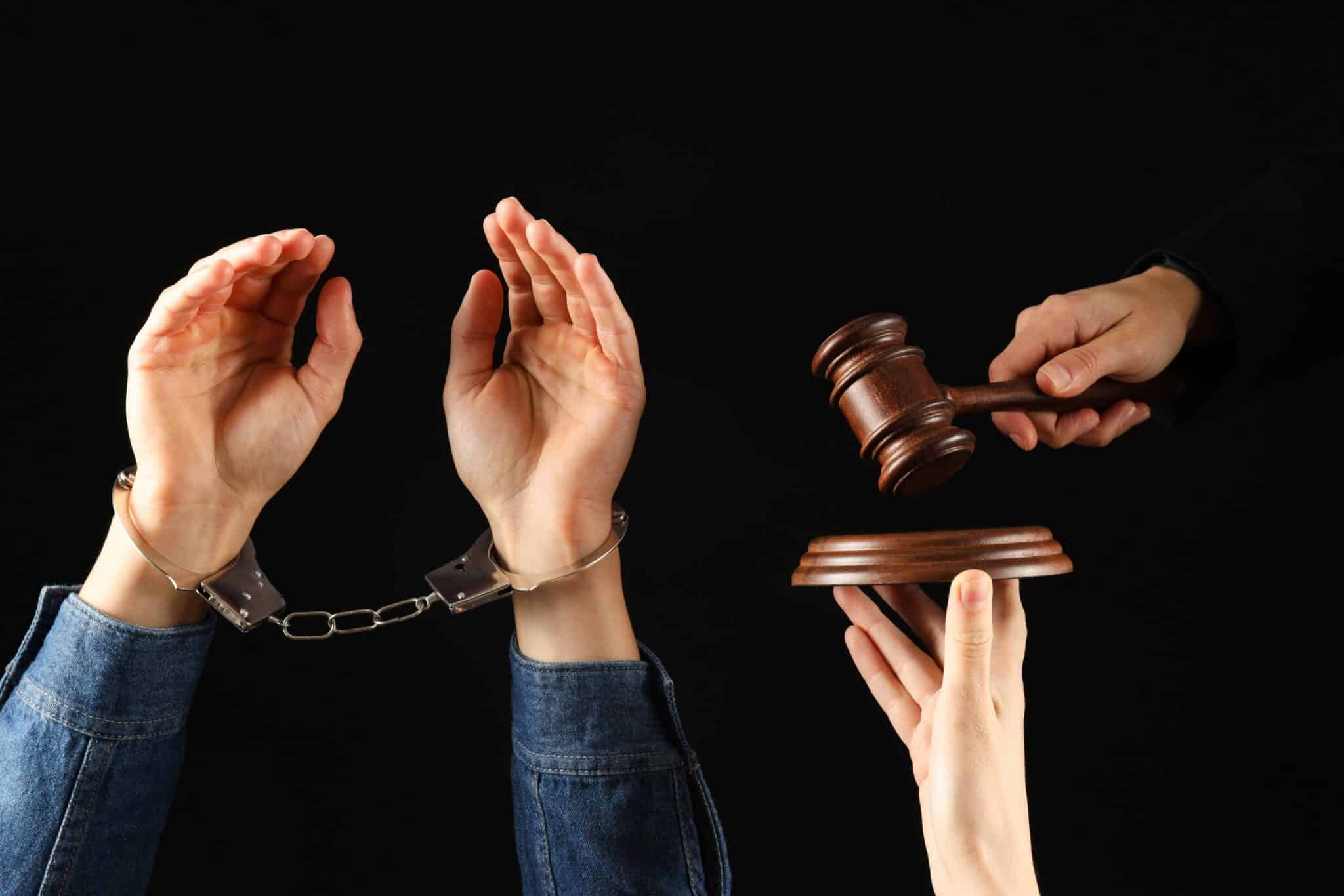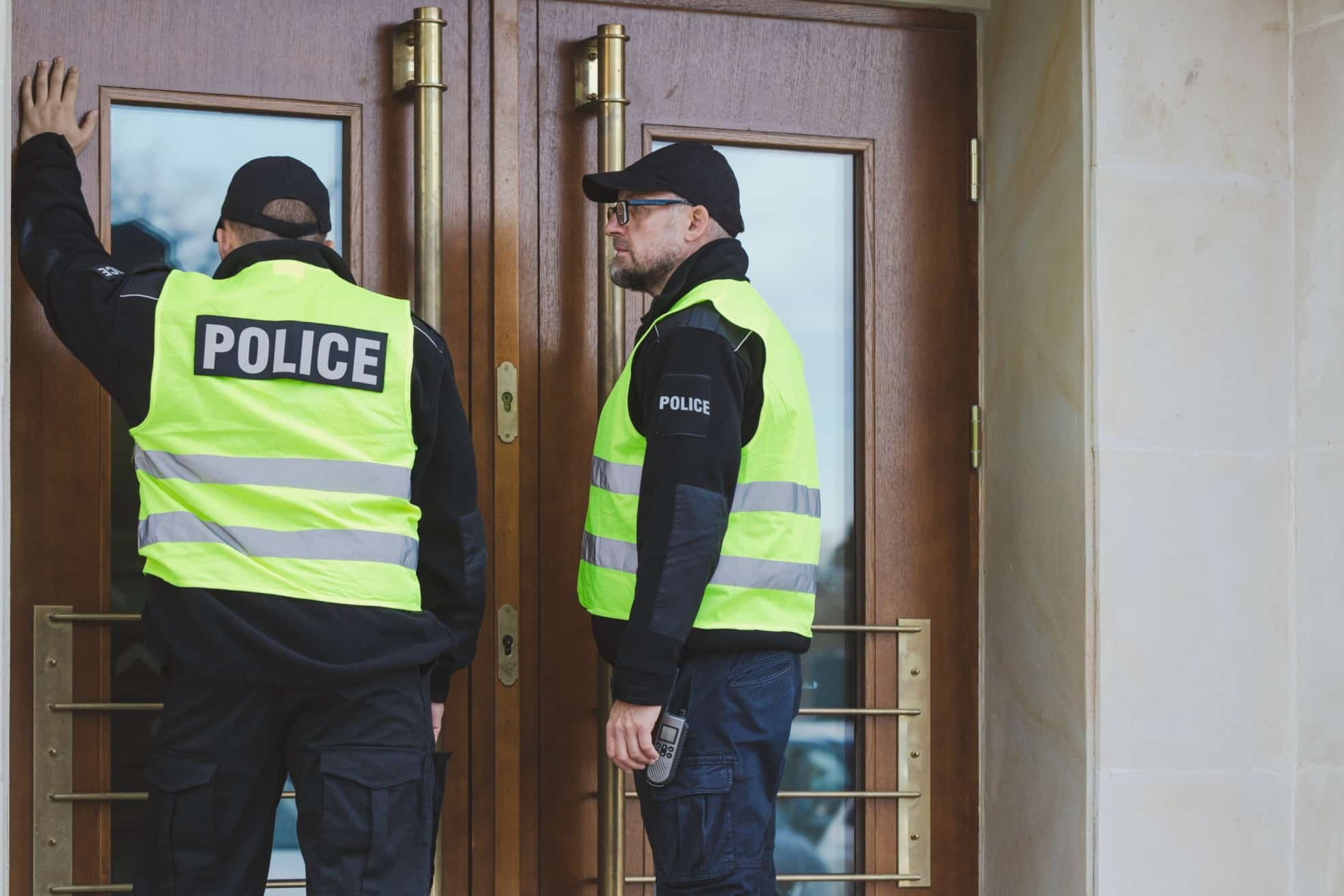Have you ever stood up for what’s right at work, only to face unexpected consequences? Workplace retaliation affects thousands of employees annually, with the EEOC reporting that retaliation claims make up over 55% of all workplace discrimination charges filed, more than any other category. When employers punish employees for exercising their legal rights, both federal and Oregon state laws provide powerful protections. Understanding these safeguards is crucial for Oregon workers facing potential retaliation.
If you believe you’ve experienced retaliation at work, don’t hesitate to reach out to Meyer Employment Law. Our experienced team is here to help you understand your rights and fight for the justice you deserve.
Understanding Retaliation Law: The Basics
Retaliation occurs when an employer takes negative action against an employee because that person engaged in legally protected activity. These adverse actions can include termination, demotion, salary reduction, unwarranted negative reviews, or transfers to less desirable positions.
To establish a retaliation claim, you typically need to demonstrate three key elements:
- You engaged in a protected activity (like reporting discrimination or safety violations)
- You suffered an adverse employment action
- There’s a causal connection between your protected activity and the adverse action
Protected activities include filing discrimination complaints, participating in workplace investigations, testifying in proceedings, requesting reasonable accommodations, and reporting illegal activities (whistleblowing).
Oregon’s Workplace Retaliation Protections
Oregon offers several workplace retaliation protections that exceed federal standards, providing employees with stronger safeguards when they engage in protected activities.
Key Oregon Anti-Retaliation Laws
The Oregon Safe Employment Act (OSEA) was amended to create a presumption of discrimination or retaliation when an adverse action is taken within 60 days of an individual engaging in protected activities. This presumption strengthens employee protections by shifting the burden of proof to employers in these situations.
The Bureau of Labor and Industries (BOLI) enforces Oregon’s workplace retaliation laws, allowing employees to file complaints when they believe their employer has retaliated against them for reporting or opposing workplace health or safety violations.
Oregon-Specific Protections
Oregon’s retaliation protections extend beyond federal standards in several important ways:
- Work Refusal Rights: Oregon has adopted changes from Senate Bills 592 and 907 that strengthen civil penalties and work refusal protections. These provisions allow workers to refuse unsafe work with greater legal protection than federal law provides.
- Timeline Protection: Oregon law creates a presumption of retaliation when adverse actions occur within 60 days of protected activity. This specific timeframe provides a clearer standard than federal protections.
- Broader Definition of Adverse Actions: Oregon recognizes various forms of retaliation including termination, demotion, harassment, denial of benefits, and workplace isolation.
Filing Requirements in Oregon
Oregon has specific requirements for filing retaliation complaints:
- Filing Deadline: Complaints alleging retaliation must be filed within one year of when the retaliation occurs—generally more generous than federal deadlines, which can be as short as 30-180 days depending on the statute.
- Filing Agency: Complaints should be filed with the Bureau of Labor and Industries (BOLI), which provides specific complaint forms and guidance based on your situation.
- Contact Information: Employees can contact BOLI at 971-673-0761 for assistance with filing complaints.
Landmark Oregon Retaliation Case: McLaughlin v. Wilson (2019)
This Oregon Supreme Court case significantly expanded workplace retaliation protections in two key ways:
- Individual Liability: The court held that under ORS 659A.030(1)(f), any person can be liable for retaliation, not just employers. This means supervisors, HR personnel, and other individuals may be personally liable for retaliatory actions—differing significantly from federal Title VII law.
- Post-Employment Retaliation: The court broadly interpreted the phrase “otherwise discriminate against” to extend beyond current employment. The ruling established that employers can be liable for retaliatory actions taken after an employment relationship has ended, such as providing negative references.
The practical implications for Oregon employers and employees are significant, as potential liability for discriminatory retaliation doesn’t end when employment terminates.
Federal Laws Governing Retaliation
While Oregon provides strong state-level protections, federal laws also form a comprehensive shield for workers who exercise their legal rights or report violations.
Title VII of the Civil Rights Act
Title VII prohibits employers from retaliating against employees who file discrimination complaints, participate in investigations, or oppose discriminatory practices based on race, color, religion, sex, or national origin.
Retaliation claims under Title VII can succeed even if the underlying discrimination claim fails, provided the initial complaint was made in good faith. Additionally, Title VII’s anti-retaliation provisions extend beyond current employees to job applicants and former employees.
Occupational Safety and Health Act (OSHA)
OSHA’s whistleblower protection provisions explicitly prohibit employers from retaliating against workers who report unsafe working conditions or participate in OSHA inspections.
Protected activities under OSHA include:
- Reporting injuries
- Requesting safety information
- Refusing to work under conditions that present imminent danger
OSHA can order employers to reinstate terminated employees, provide back pay, restore benefits, and pay compensatory damages when retaliation is found.
Whistleblower Protection Acts
Various federal laws contain specific whistleblower provisions designed to encourage reporting of fraud, waste, and abuse:
- The False Claims Act includes qui tam provisions enabling whistleblowers to file lawsuits on behalf of the government and receive a percentage of recovered funds
- Sarbanes-Oxley Act protects those reporting securities fraud
- Dodd-Frank Wall Street Reform Act provides incentives for reporting securities violations
- Environmental Protection Act safeguards those who report environmental violations
Identifying Workplace Retaliation
Retaliation can be overt or subtle, making it essential to recognize how it might manifest in your workplace.
Common Forms of Retaliation
Forms of retaliation range from obvious punitive measures to more nuanced actions:
Severe actions include:
- Termination or dismissal
- Demotion or reassignment to less desirable positions
- Reduction in hours or pay
Subtle forms include:
- Excessive scrutiny
- Negative performance evaluations after years of positive feedback
- Exclusion from meetings or projects
- Micromanagement of your work
- Heightened enforcement of policies not applied to others
Signs to Watch For If You Suspect Retaliation
Timing: A close temporal connection between your protected activity and negative employment action often serves as compelling circumstantial evidence. Actions occurring within days or weeks of protected activity warrant particular scrutiny.
Inconsistency: If you suddenly face discipline for behaviors previously tolerated or overlooked in other employees, this differential treatment may suggest retaliatory intent.
Documentation changes: Watch for sudden increases in negative documentation, excessive criticism in performance reviews, or abrupt changes in performance metrics after engaging in protected activity.
Communication shifts: Note any significant decrease in interaction with your supervisor, exclusion from meetings you previously attended, or unusual surveillance of your activities.
Oregon Retaliation Enforcement Trends
According to the State of the Worker Report 2024, the Oregon Bureau of Labor and Industries (BOLI) has made significant improvements in handling workplace violation cases, including retaliation claims. The Stephenson Administration at BOLI has increased the assessment and collection of liquidated damages to 58.3% of cases in recent years, up from 25% in fiscal year 2022.
BOLI has implemented several measures to address challenges in enforcement:
- Triaging cases
- Prioritizing high-impact enforcement actions
- Expanding employer education initiatives
Additionally, in fall 2024, BOLI will launch a new mediation program specifically designed to increase the speed and availability of satisfactory resolutions for workplace claims, benefiting workers filing retaliation complaints.
Taking Action: Filing a Retaliation Complaint in Oregon
When you’ve experienced workplace retaliation in Oregon, taking formal action requires understanding both state and federal procedures.
How to Document and Report Retaliation
Effective documentation is the foundation of any successful retaliation claim:
- Create a detailed chronological record of both your protected activity and subsequent adverse actions
- Document verbal interactions immediately afterward, including direct quotes whenever possible
- Follow up significant verbal interactions with email summaries, creating contemporaneous written records
- Preserve all relevant communications—emails, texts, performance evaluations, disciplinary notices
- Gather statements from supportive colleagues who witnessed the behavior
When ready to report formally:
- Follow your company’s established complaint procedures if available
- Submit your concerns in writing, specifically using the term “retaliation”
- Keep copies of all submitted materials and responses
- For Oregon-specific complaints, file with BOLI within one year of the retaliatory action
- For federal claims, file with the EEOC within 180 days (or 300 days in some circumstances)
What to Expect During the Investigation Process
Once you file a retaliation claim with BOLI or the EEOC:
- An investigator will be assigned to evaluate your case
- Your employer will receive notification about the charge
- The investigator will review documents from both parties, potentially conduct on-site visits, and interview witnesses
- You may be asked to provide additional information or clarification about specific experiences
- Mediation opportunities may arise during this process
- If investigation concludes with a finding of reasonable cause, conciliation between you and your employer typically follows
Resources for Oregon Employees
Navigating a retaliation claim can be challenging, but numerous Oregon-specific resources exist to support you:
- Bureau of Labor and Industries (BOLI): Offers detailed guidance through its website and helpline (971-673-0761)
- Oregon State Bar: Provides lawyer referral services and modest means programs for affordable legal consultation
- Oregon Law Help: Offers resources for low-income residents needing legal assistance
- Oregon OSHA: Handles safety and health-related retaliation complaints
Legal Action Available in Oregon
Successful retaliation claims in Oregon can result in various remedies designed to make you “whole”:
- Reinstatement to your former position if terminated or demoted
- Back pay compensating for lost wages and benefits
- Compensatory damages addressing non-economic harms such as emotional distress
- Punitive damages in cases of particularly malicious retaliation
- Injunctive relief requiring employers to take specific actions to prevent future retaliation
- Attorney’s fees and litigation costs
Oregon law provides some advantages over federal law in certain retaliation cases, including potentially longer filing deadlines and the ability to hold individuals personally liable.
Navigating workplace retaliation can be daunting, but understanding your rights and the steps to take can empower you to seek justice. If you’re feeling overwhelmed by the documentation process, unsure of how to file a complaint, or simply need guidance on the legal intricacies involved, Meyer Employment Law is here to help. Our experienced team specializes in retaliation cases in Oregon and can provide the support you need to effectively address your situation. We understand the challenges you may be facing. Whether it’s dealing with emotional distress or navigating complex regulations, we’re committed to advocating for your rights.
FAQs: Common Questions About Retaliation in Oregon
What makes Oregon’s retaliation protections different from federal law?
Oregon provides several enhanced protections, including the presumption of retaliation for adverse actions within 60 days of protected activity, individual liability for retaliatory acts, longer filing deadlines (one year compared to 180-300 days federally), and stronger work refusal rights.
How do I prove retaliation in Oregon?
Establishing retaliation requires demonstrating three elements: engagement in a protected activity, suffering an adverse employment action, and establishing a causal connection. In Oregon, if the adverse action occurred within 60 days of your protected activity, there’s a presumption of retaliation, shifting the burden to the employer to prove otherwise.
Can I be retaliated against for filing a workers’ compensation claim in Oregon?
No. Oregon law specifically prohibits discrimination or retaliation against workers who apply for workers’ compensation benefits. This protection includes actions like termination, demotion, or reduction in work hours based on filing a claim.
What damages can I recover through an Oregon retaliation lawsuit?
Oregon allows various remedies including reinstatement, back pay, front pay, compensatory damages for emotional distress, punitive damages in egregious cases, and attorney’s fees. Unlike federal law, Oregon doesn’t cap compensatory and punitive damages, potentially allowing for larger recoveries in serious cases.
Should I report retaliation internally before filing with BOLI?
While not legally required, reporting internally often makes strategic sense as it gives your employer an opportunity to address the situation. This step demonstrates your good faith effort to resolve the matter and can strengthen your case if external filing becomes necessary. However, be aware that filing with BOLI must occur within one year of the retaliatory action, regardless of internal reporting status.



















